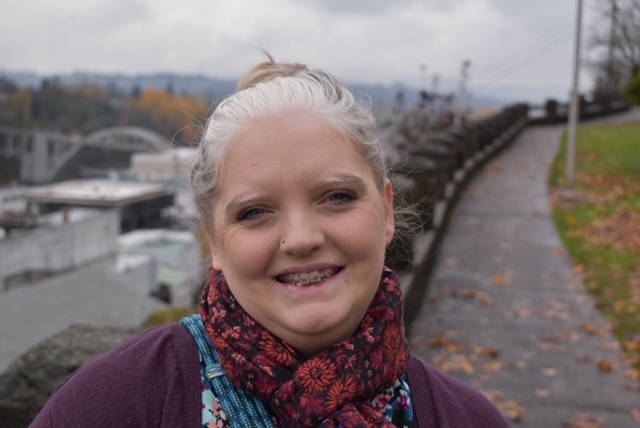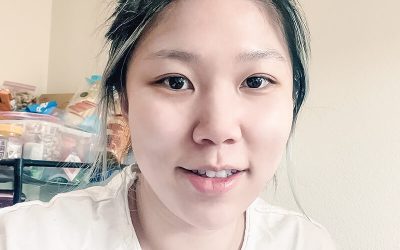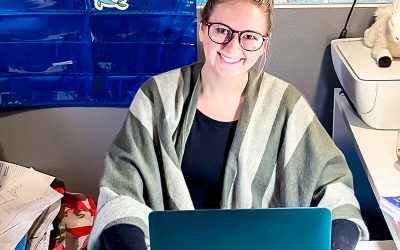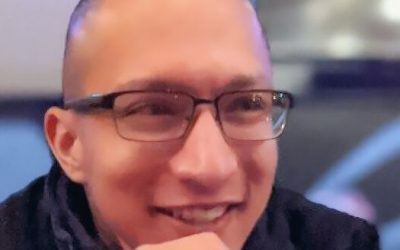Early Childhood Studies student reflects on attending national conference
Bobilynn Regensburger, an undergraduate in the Early Childhood Studies program, was one of three students the Early Childhood Studies program sponsored to attend the National Association for the Education of Young Children’s annual conference, which was held virtually in November of 2020. Regensburger shares some reflections on the conference below:

I was really excited about having the opportunity to attend and learn from educators around the world. At first, I did not know what to expect from a virtual conference but I am pleased to say that it was a fun way to access webinars and resources surrounding education. Due to the conference being virtual, the webinars were available on-demand and for an additional 30 days. I was extremely impressed by the increased flexibility to attend the webinars presented when I had the time to fully take in the resources (and materials) presented.
The sessions that I will be sharing with you are:
What to Do When Nothing Else Works: Effective Strategies for Identifying, Preventing, and Intervening when Challenging Behaviors Surface in Preschool – William DeMeo, Specialty Psychological Services
This session was informative on learning how to understand and work with children with challenging behaviors. William DeMeo offered a lot of insights, as well as activities to help deescalate and prevent challenging behaviors within the classroom environment. For starters, he discussed the importance of teaching children through the Proactive Approach vs. the Reactive Approach. The Reactive Approach means to act without thinking, whereas the Proactive Approach means to ask questions, show empathy, provide patience, remain calm & kind, and to respect the situation with a guidance approach. As educators, it is our job to support our students needs (whatever they may be) and to provide them with a safe space to learn and grow. It is essential that we use the guidance approach to ensure our students are being heard, valued, and respected within our classrooms.
Celebrating Ella Jenkins – The First Lady of Children’s Music
In this session, I learned more about Ella Jenkins and how she made a positive impact on young children, families, and educators all around the world through her love of music and teaching. Ella Jenkins’ approach was to learn from one another as a community. She often used the call-and-response rhythmic singing (follow the leader) to teach young children (and others) how to sing her songs. Ella Jenkins traveled all over the world to not only spread joy through her music, but invited children and families to be part of her music as well. Often times, she would encourage all children to sing and play instruments with her during her performances to create fun and memorable musical learning experiences.
You First Belong to YOU!: Self Care for Educators by Montrece Ransom
Self care is an extremely important habit that everyone should partake in regularly to ensure ones health (physical, mental, emotional, etc.) remains healthy. If we do not take care of ourselves, how are we supposed to care for others? As educators, self care is extremely important to prevent excess stress, burnout, and the feelings of being overwhelmed. This session provided insightful information regarding self care through the what, so what, and now what learning model.
Parting Thoughts
It was truly an honor to attend the NAEYC 2020 Conference. I am forever grateful for this learning opportunity, and I am excited about attending future NAEYC Conferences to obtain materials and resources to help me become a better educator.




